Condolences on the passing of Dr. Manouchehr Hezarkhani
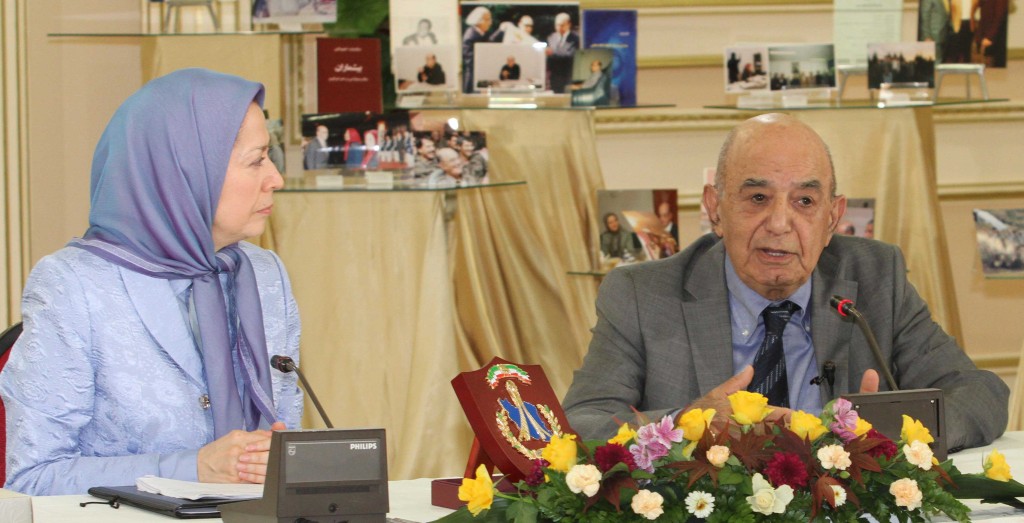
The Chair of the Culture and Art Committee of the National Council of Resistance of Iran (NCRI), author, a literary master, and a prominent advocate for freedom, Dr. Manouchehr Hezarkhani, has passed away and become eternal. He was one of the most preeminent intellectuals and thinkers of contemporary Iranian history.
For 40 years since the start of the Iranian people’s just Resistance on June 20, 1981, and particularly after the NCRI’s founding on July 21, 1981, Dr. Hezarkhani remained a beloved friend to the Leader of the Iranian Resistance, Massoud Rajavi.
I extend my profound and heartfelt condolences to his children and friends, the community of Iranian intellectuals and writers, his colleagues in the NCRI, and especially to Massoud Rajavi, the NCRI Chairman.
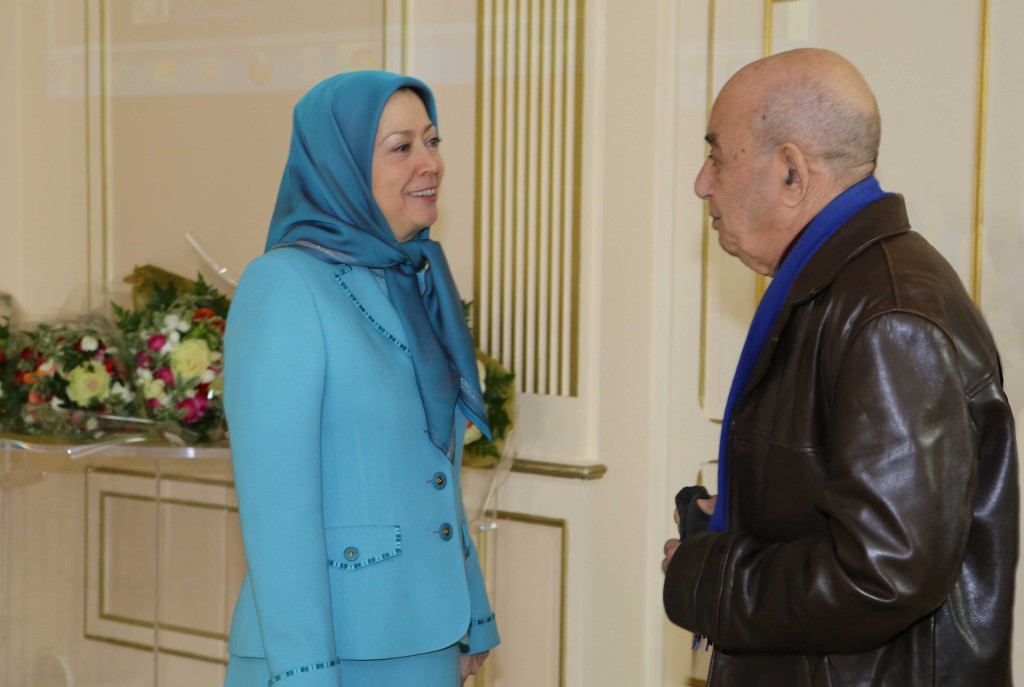
Dr. Hazarkhani’s achievements in the realms of theory, culture, and political activism amount to an invaluable treasure trove of contemporary Persian literature and the culture of resistance for freedom, which were attained through his unrivaled hard work.
Hezarkhani’s works include long and short commentaries as well as forewords published in the NCRI monthly, Showra. He also wrote countless articles in various journals, including the official publication, of the People’s Mojahedin Organization of Iran (PMOI/MEK), Mojahed. He was also the editor of the Farsi language Iran Zamin weekly for more than three years. Dr. Hezarkhani wrote and translated dozens of articles and books since the Shah’s time until the final days of his prolific life.
I myself became aquatinted with Dr. Hezarkhani’s writings on Palestine, which were available in libraries and bookstores, when I was in high school. In the first year after the revolution in 1979, I met him personally during an election campaign rally speech for the national parliament, when he ran as a candidate of the PMOI and other progressive forces.
Throughout the years of struggle in exile, amid the tumultuous and complex days of our painful and blood-drenched struggle, he offered me guidance, encouragement, and support whenever we met. He taught patience, endurance, and perseverance. Sometimes, he would point out things about the political life, steadfastness and initiatives of Massoud Rajavi’s struggle, which I did not realize, especially with respect to the ideological confrontation against Khomeini and the mullahs; he described it as the confrontation with respect to the Seminary and Islam.
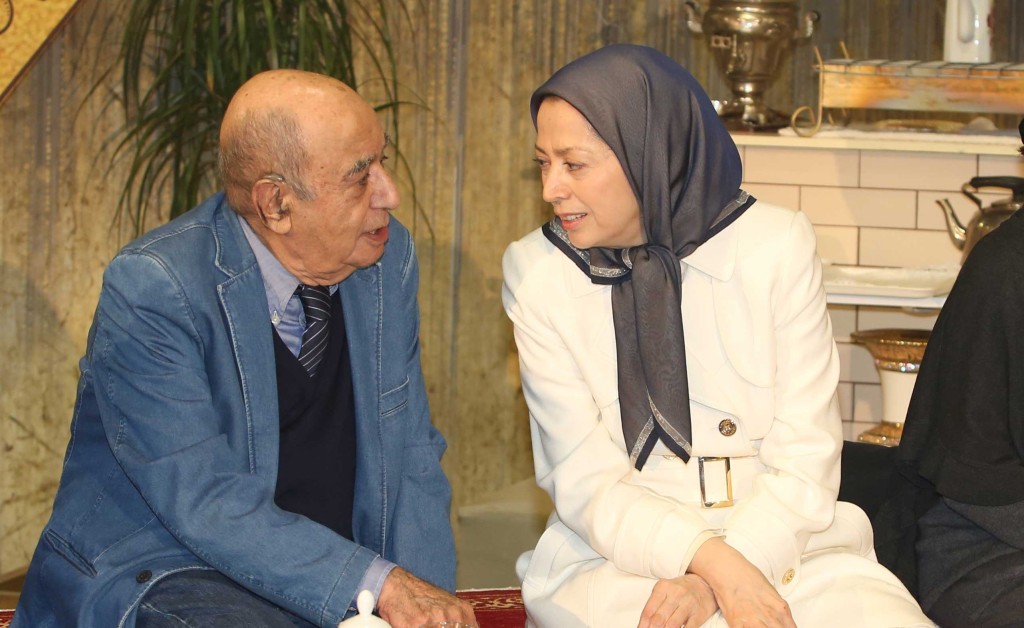
He showed up whenever there was a cause worth fighting for. When the mullahs’ religious dictatorship and its allies attacked the PMOI/MEK, Dr. Hezarkhani was there to defend the Resistance’s righteousness with his eloquent speech and incisive logic.
He defended the resistance of the young supporters and members of the PMOI in Tehran and subsequently on the Iran-Iraq border region and in Camp Ashraf. He called Ashraf “the heart of the movement for perseverance.”
Dr. Hezarkhani said, “Ashraf is simultaneously a name, an adjective, an identity paper, and a testimony to a relentless struggle and infinite fortitude.”
When our people’s Resistance came under a vicious attack on June 17, 2003, he stood firmly against the conspirators. And finally, when the Mojahedin left the killing field of Camp Liberty in Iraq, despite his illness, he rushed to Ashraf 3, Albania, to visit the Mojahedin. His vitality, incisiveness, subtle satire, thought-provoking humor, and high spirits lifted up every gathering or meeting.
Since the founding of the NCRI in 1981, Dr. Hezarkhani’s fraternal and heartfelt moral, practical, and intellectual support to Massoud Rajavi, who, as the Leader of the Iranian Resistance, was waging a tremendous, complex, and lengthy struggle against the evil of religious fascism in Iran, won the admiration of all members and sympathizers of the PMOI and the Iranian Resistance and enlightened them.
Years ago, he wrote the book, “The Worldview of the Little Black Fish.” His interpretation of this unforgettable work of Samad Behrangi inspired a generation of Iranian youths who yearned to join the [anti-Shah] struggle to rebel and make sacrifices.
Quoting the Little Black Fish, he wrote, “If I inevitably come face-to-face with death – which I will – it would not be important. What is important is what impact my life or death will have on the lives of others. So, it is no longer important whether or not [the little fish] stays alive after accomplishing the mission. What’s important is that the Little Black Fish joins eternity at the end of this turbulent life and this tortuous and dangerous, albeit glorious, journey. It is no longer a free fish but a part of freedom itself.”
This is the description of the brilliant destiny Hezarkhani chose for himself years ago. He is now part of freedom itself.
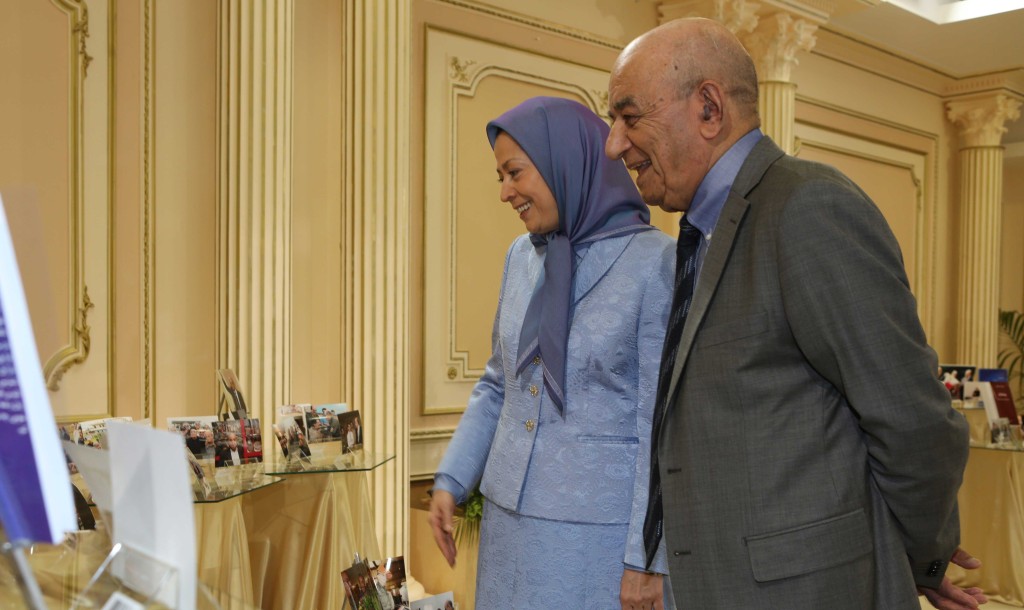
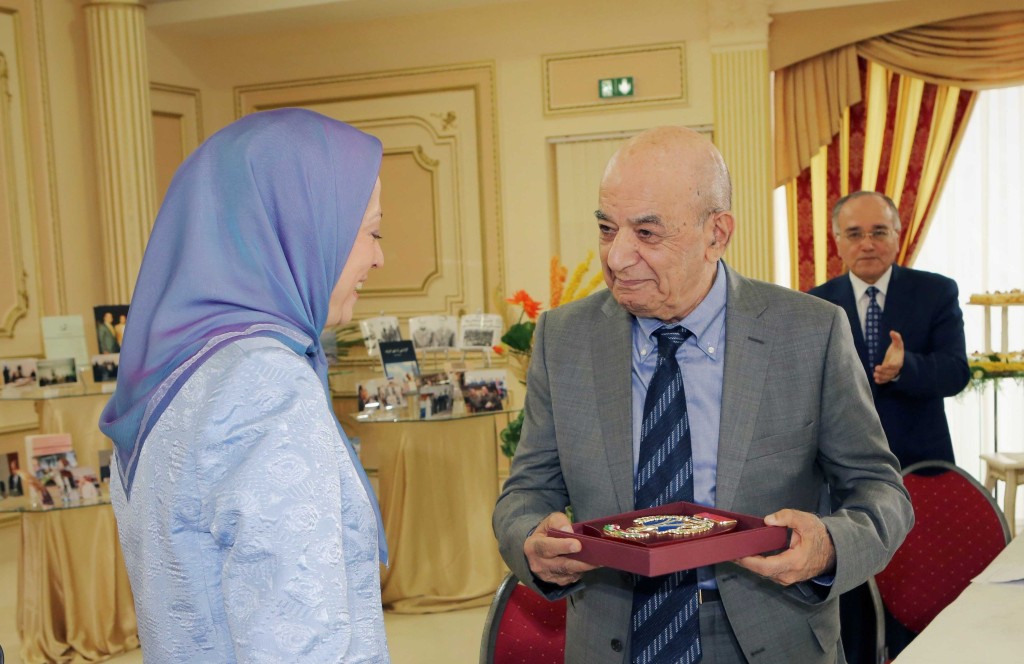
- Tags: Iranian opposition, Massoud Rajavi, NCRI

